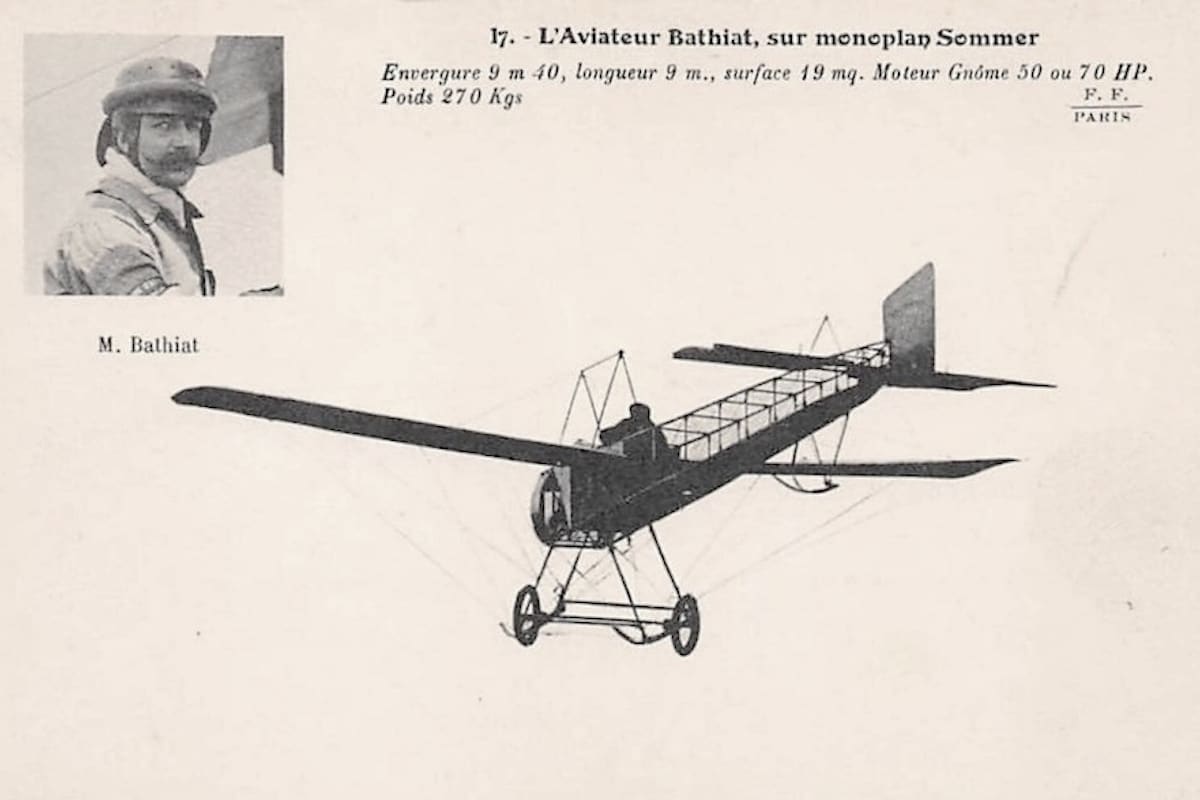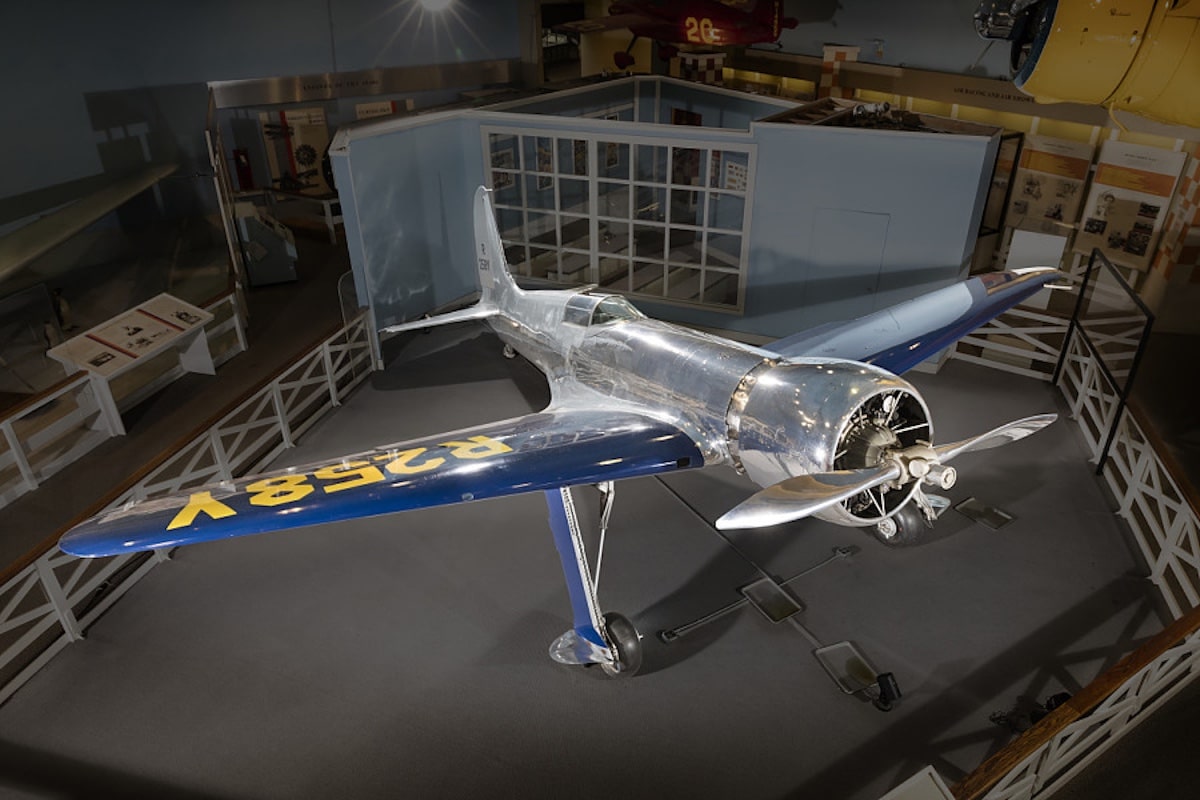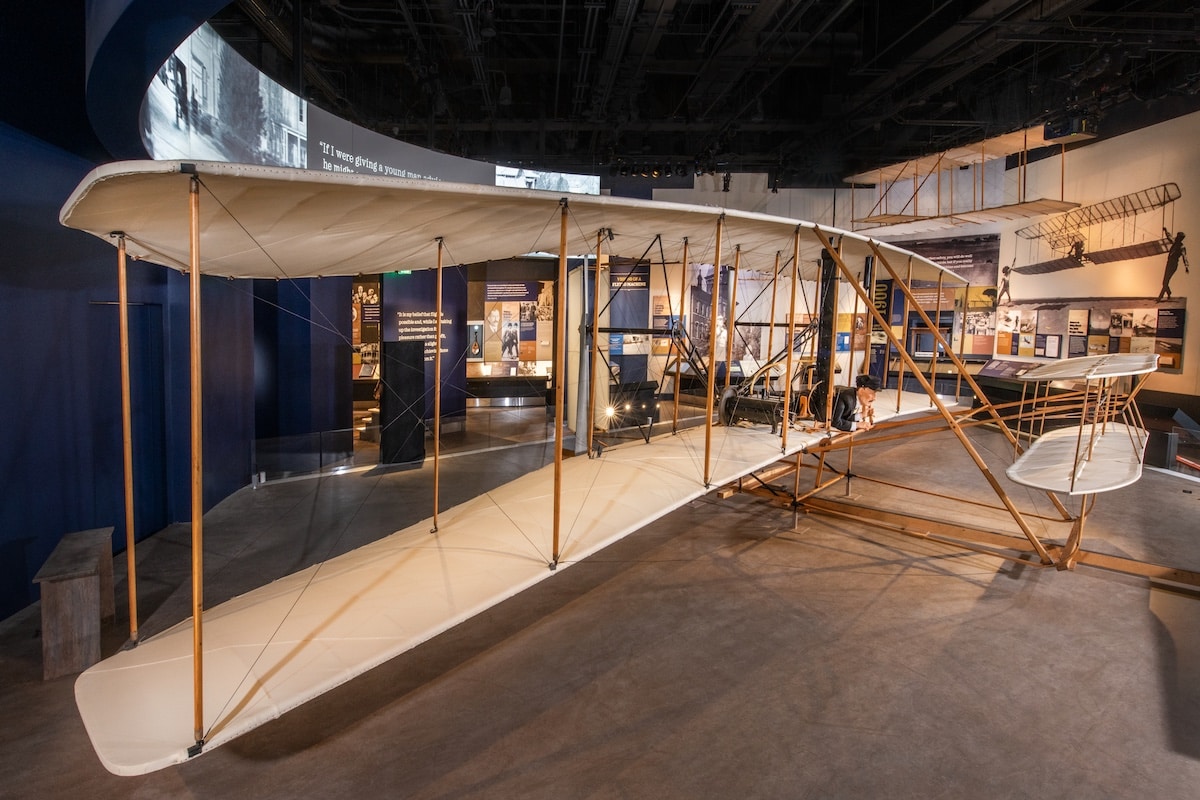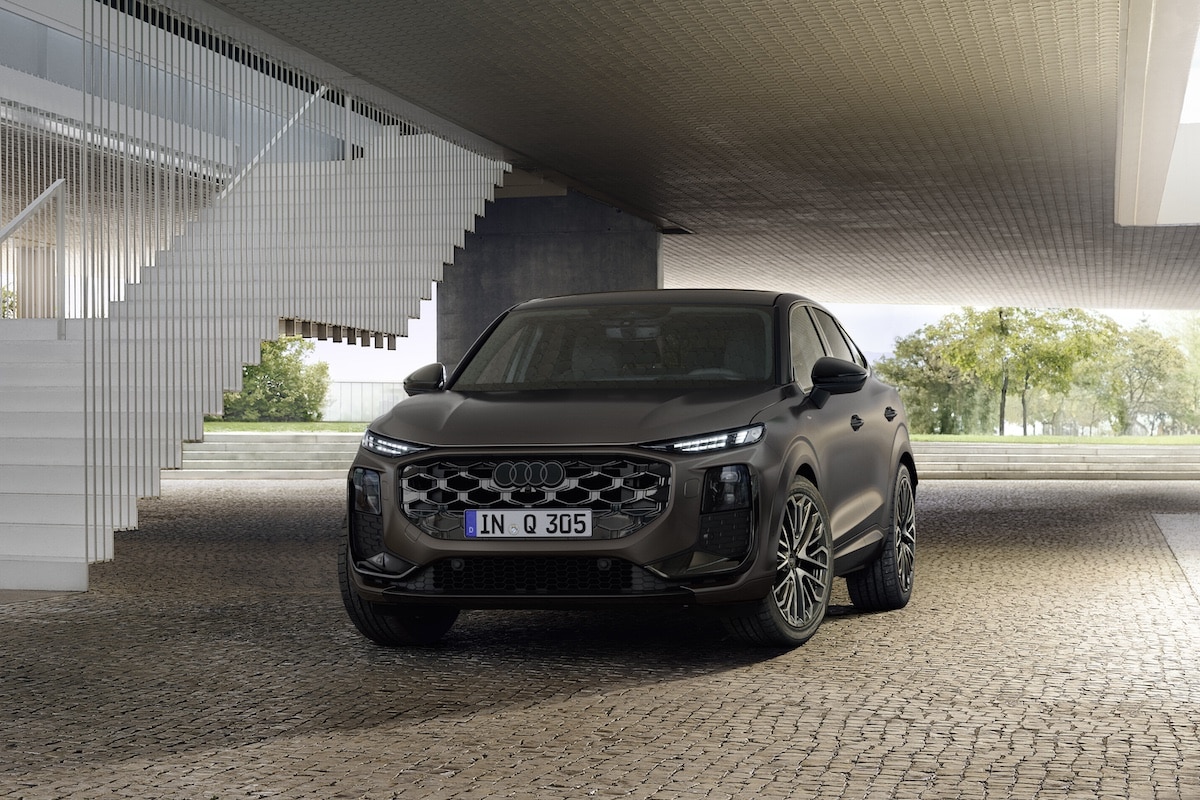Airbus Designs the Airplane of Tomorrow
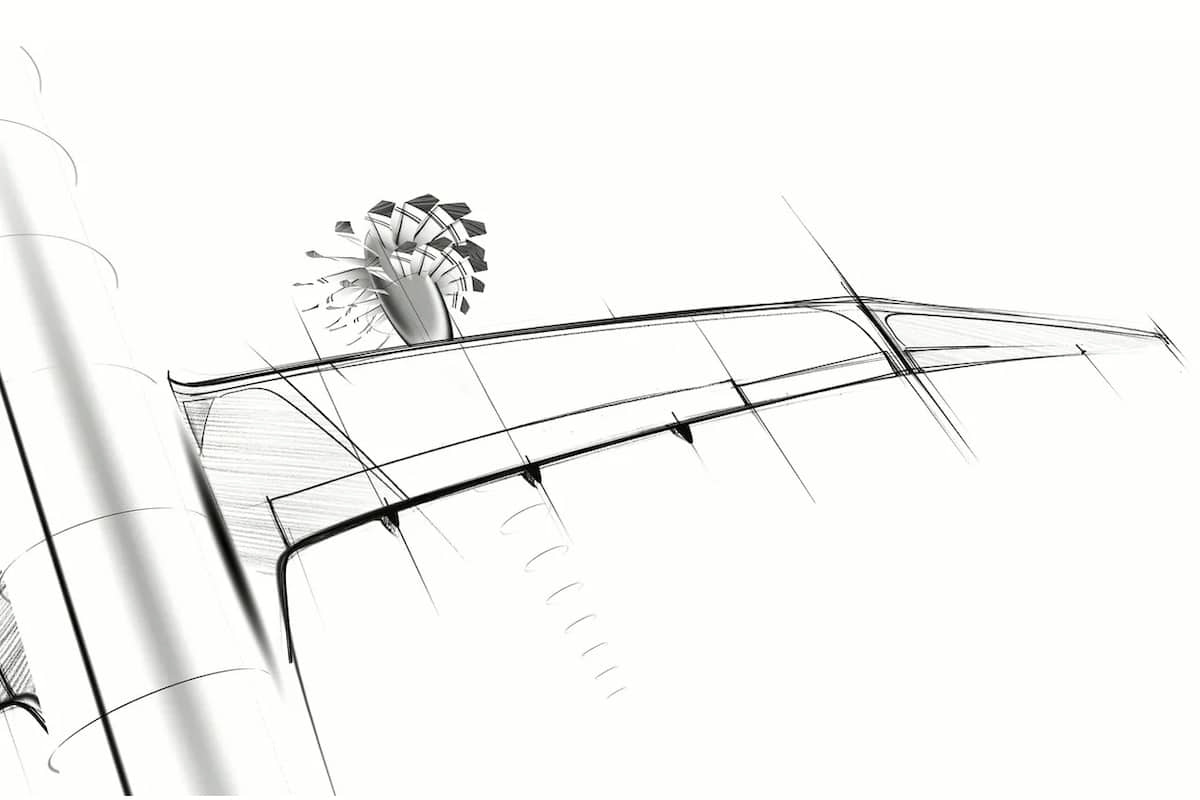
Airbus is actively working on innovations that will transform the aviation of tomorrow. But how?
Imagine a single-aisle Airbus aircraft with wings inspired by nature, providing increased lift while reducing fuel consumption. With engines consuming 20% less than current models, these planes will be more efficient and environmentally friendly. The European aircraft manufacturer is also exploring hybridization and electrification technologies to complement these advances.
A new era for wings
Wings, once rudimentary, have evolved significantly. Today, Airbus pushes the limits further with its Wing of Tomorrow program, exploring concepts like foldable wings. These increase lift during flight while remaining compatible with airport infrastructure.
Materials play a crucial role: the use of lightweight but robust composites will allow for more durable and easier-to-maintain aircraft. Concurrently, Airbus is integrating advanced automated systems into the aircraft as well as ground operations and maintenance for more efficient management.
Greener propulsion
Engines are central to reducing emissions. Airbus collaborates with CFM to develop the RISE engine, featuring non-shrouded blades. This concept could reduce fuel consumption and CO2 emissions by 20%. Airbus is also testing sustainable fuels (SAF), which decrease emissions by 80% over their lifecycle, and developing hybrid-electric systems.
After wood and aluminum, Airbus is focusing on thermoplastic composites and biodegradable materials. These advances, tested through programs like the Multifunctional Fuselage Demonstrator, promise lighter, recyclable, and easily assembled aircraft.
Airbus bets on a different kind of intelligence
Airbus is also revolutionizing avionic systems. In 1980, fly-by-wire technology transformed aviation; today, the manufacturer goes further with intelligent digital platforms, automating maintenance and updates. Artificial intelligence will enable real-time analysis of vast data volumes, enhancing safety, predictive maintenance, and passenger experience.
These innovations mark a major step toward a more sustainable and efficient future for aviation. Airbus is committed to reducing its ecological footprint while reinventing the entire aircraft lifecycle.
READ ALSO: Global Airlines, an unknown company using second-hand Airbus A380s
This page is translated from the original post "Airbus nous dessine l’avion de demain" in French.
We also suggestthese articles:
Also read
